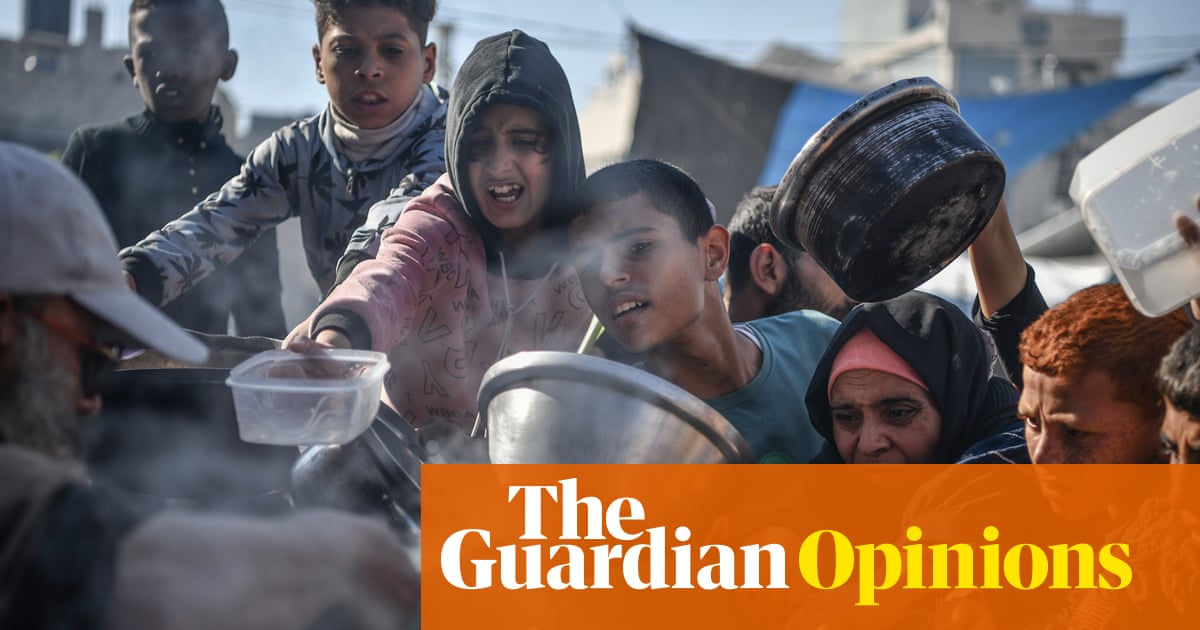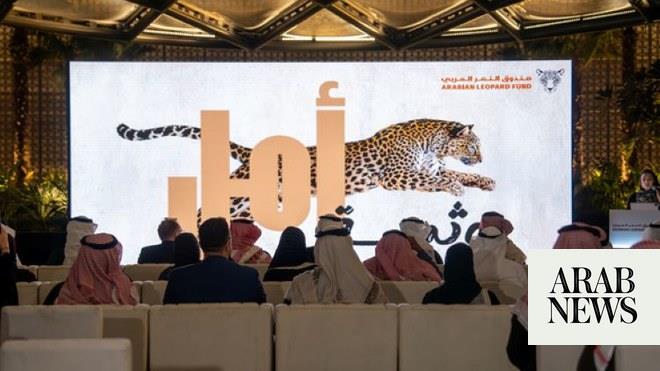
Saving lives comes first, then saving livelihoods, and after that, saving everything that makes life worth living. But down they all go, crashing to the ground in a great orchestra of calamities. First went football, and then all other sport. Yesterday it was Glastonbury. TV drama filming is stopping. This week, museums and galleries great and small slammed shut their doors, theatres mighty and minute went dark, cinema screens blank, concert halls and music venues silent, as everything life-enhancing everywhere closes down. Nowhere to go, nothing to see, nowhere to meet.
The very word hospitality is dead. A million jobs are vanishing right now, says UKHospitality. Saving those jobs and businesses must happen “within 24 hours”, they say. A quarter of the workforce is in social contact jobs – 5m in retail, closing everywhere, 2.5m in accommodation and food services. Tourism is the third largest employer. A million people work in arts and entertainment. Most of all these are low-paid and being shed in vast numbers by businesses desperate to survive.
Take no reassuring cant from Johnson and Sunak unless they announce that universal credit becomes universal immediately
What will they live on? £73.10 a week jobseeker’s allowance? £94.25 sick pay if they catch the virus? When it comes to saving livelihoods, take no reassuring cant from Boris Johnson and Rishi Sunak unless they announce at once that universal credit becomes universal immediately, paid from day one, not five weeks too late, and without its savageries such as the two-child limit.
After easing personal hardship, what of the long-term survival of all the creative teams being disbanded right now? The 830 organisations part-funded by Arts Council England rely mainly on £80m a month from ticket, bar and cafe sales: with outgoings and no income, how are they to survive? The puny £336m government subsidy to the council, cut brutally during the last decade, was always a fraction of what similar countries give to their arts. But beyond those subsidies is an entire ecology of smaller organisations that incubate creativity. They feed an industry that is a better long-term bet than the car industry, let alone airlines, from a booming film studio industry to video gaming and design.
The Association of Leading Visitor Attractions, Alva, has with the Museums Association one instant solution. You may have put it out of your mind, but Theresa May announced a Festival of Britain for 2022 to parade the best of Britain and its culture defiantly after Brexit. Bernard Donoghue, Alva’s director, calls for that £120m to be used right now to rescue arts, heritage and entertainment. That’s not nearly enough to stop vital organisations going under, but it’s an easy fund to raid right now. “Otherwise there may be no culture to display,” he says.
Advertisement
Yesterday the Brighton festival, second only in size to Edinburgh, of which I was chair for many years until December, cancelled its 120 events in May. I know the fragile tightrope of financing, the precarious balance between Arts Council England and local council funds, donations and ticket sales. £1m in ticket sales will be lost, alongside all the free events for the city.
UK theatre ticket sales drop 92% due to Covid-19
Read more
Talk to smaller outfits that get no subsidy, and some are in instant mortal crisis: the Mary Rose Museum in Portsmouth draws 90% of its income from visitors. It costs £3m with a staff of 25 to preserve Henry VIII’s flagship and its 19,000 artefacts with humidity and temperature controls, without which it literally, not figuratively, collapses. “Armageddon”, says its director, unless the state steps in. The local council, like all others, is on its knees from the decade’s 40% cuts to central government funding. Now multiply that by thousands of precious things that might never reopen, never again contribute £8.5bn to the economy, unless they and their artists, curators and inventors survive right now.
Nothing replaces live events and music, visits, but the BBC has come to the rescue, drawing up plans to broadcast myriad missing things. Its Culture in quarantine, announced yesterday, plans to stream from behind closed doors the missing performances and broadcast virtual tours of museums and galleries. .
Over-optimistically, Jonty Claypole, director of BBC Arts, says: “Historically, artists thrive on periods of isolation, and it seems certain that the current period will result in new plays, poems, books, films, paintings, sculptures and all other forms of art.” But starving cultural organisations mean there will be lfew places to showcase creative output in future. Keep them going through now, and maybe there could be a great Restoration after this Cromwellian closure of all public pleasure.











